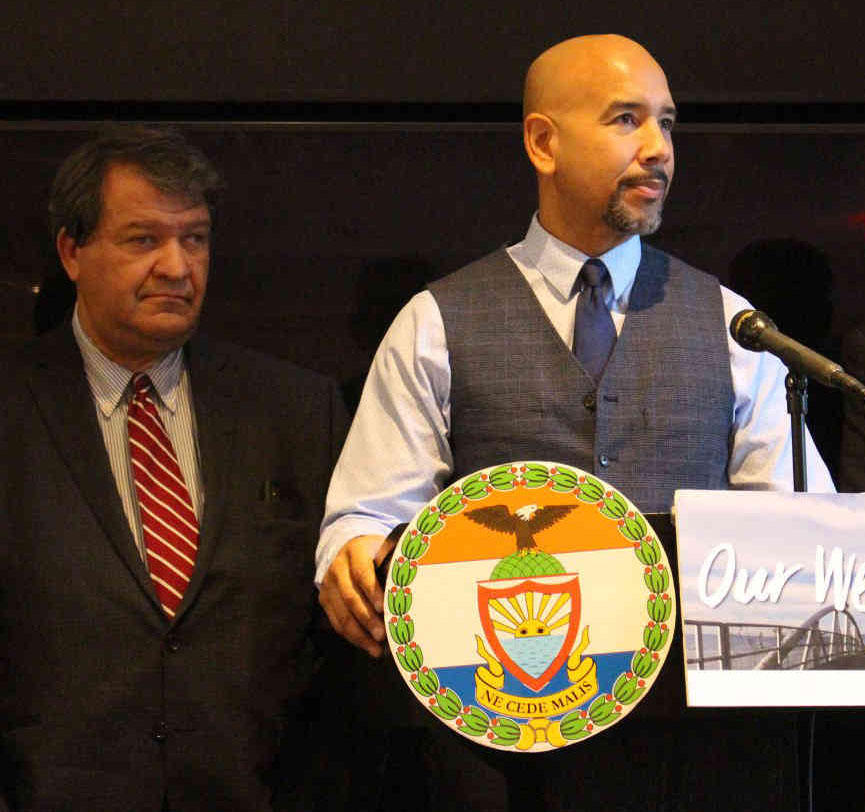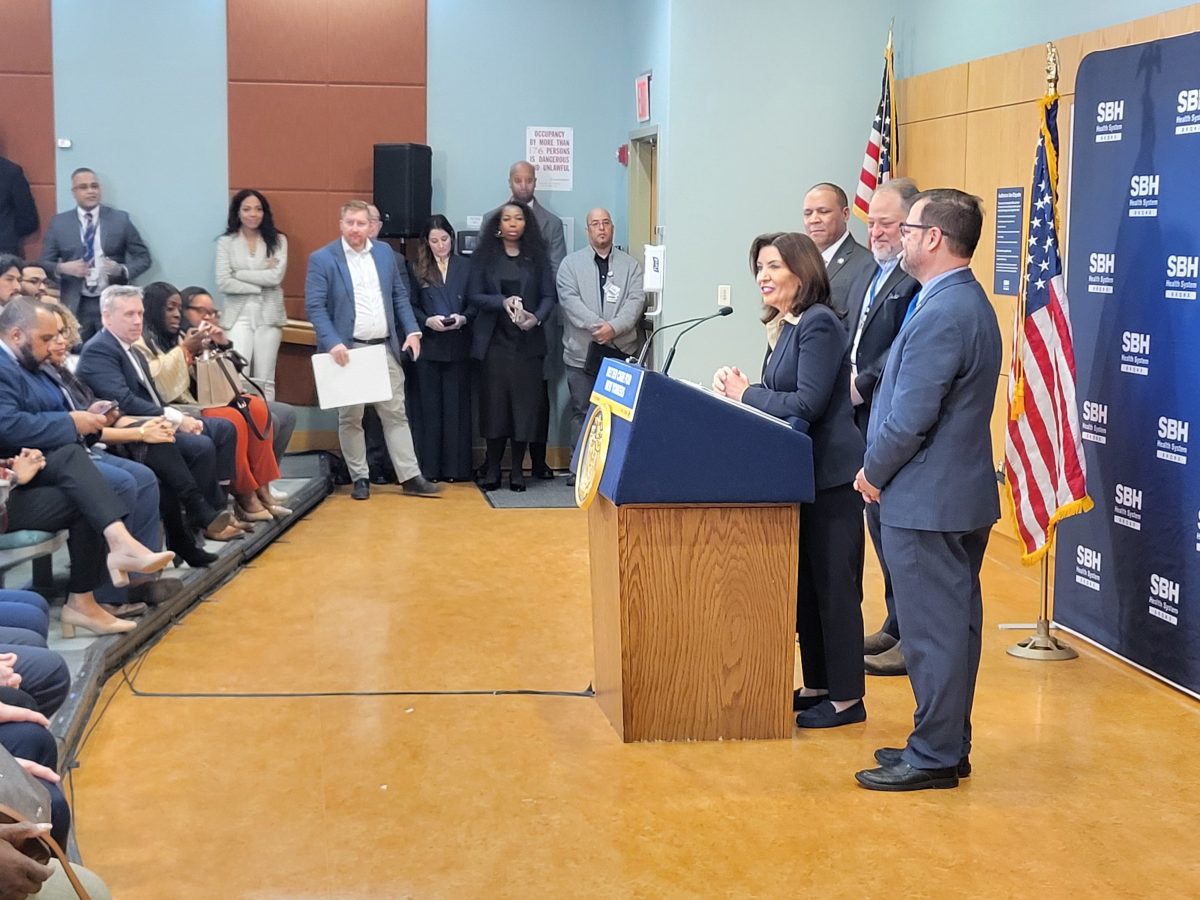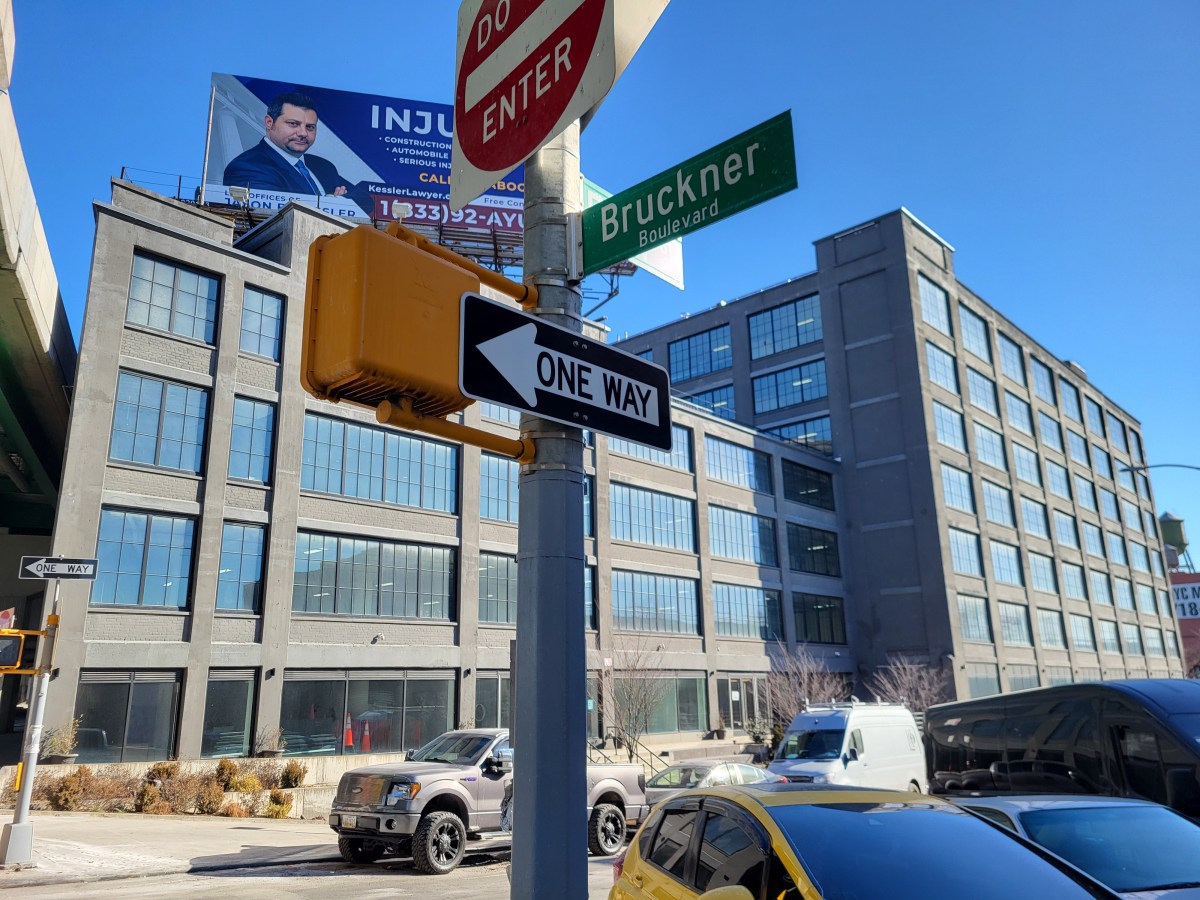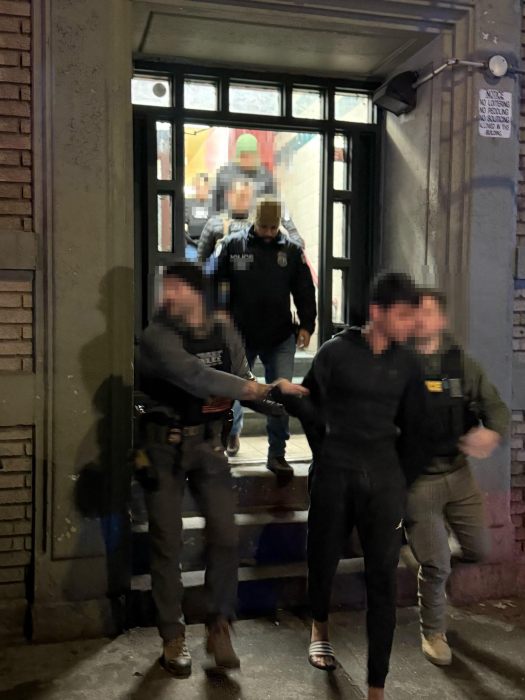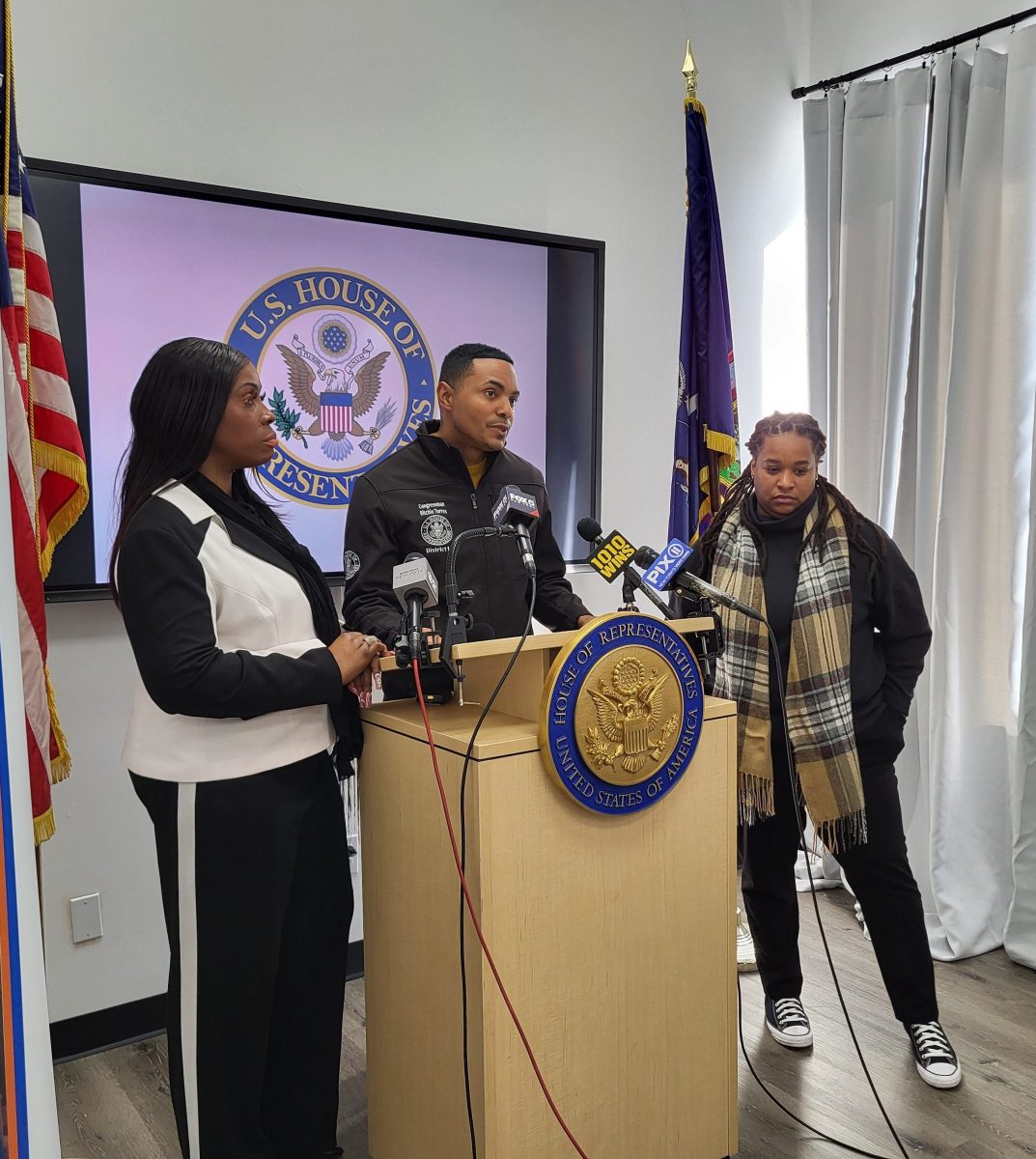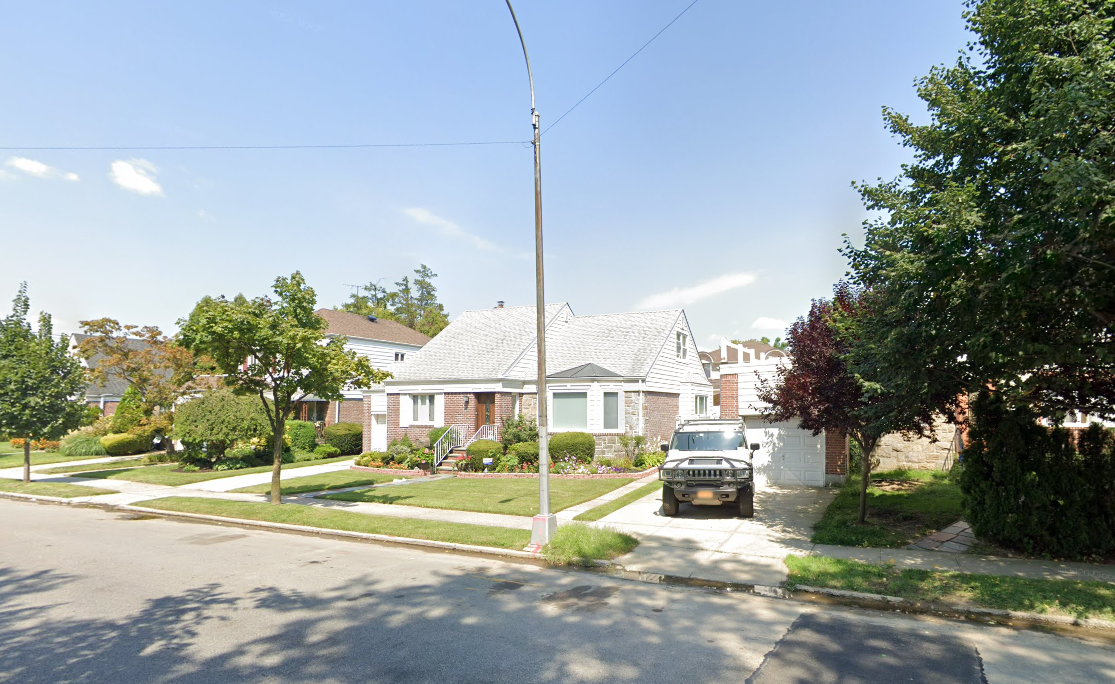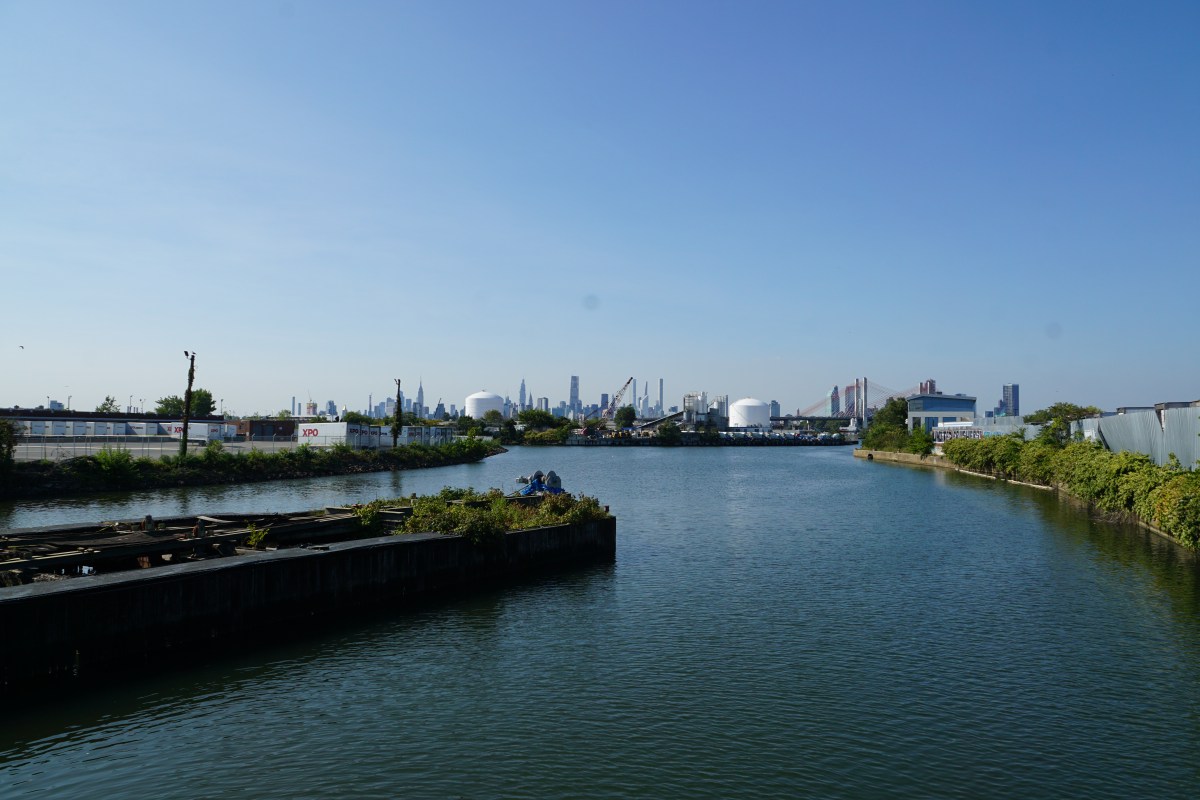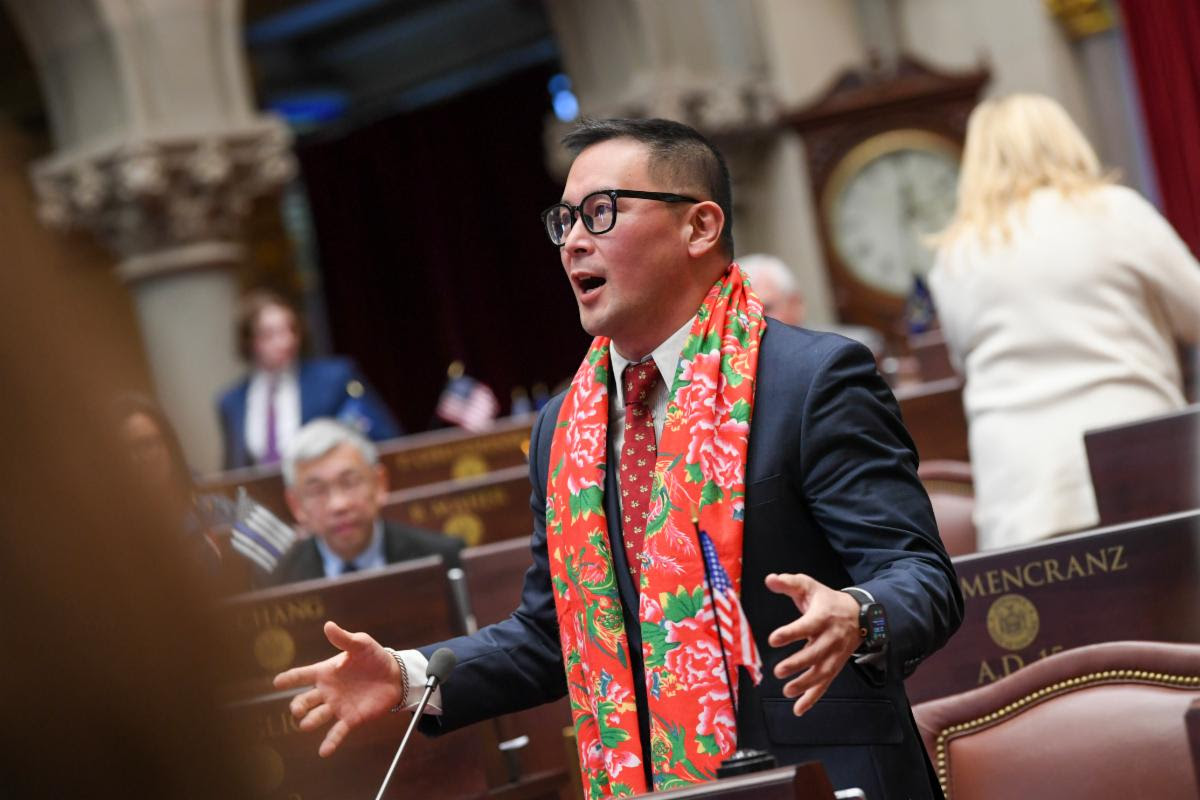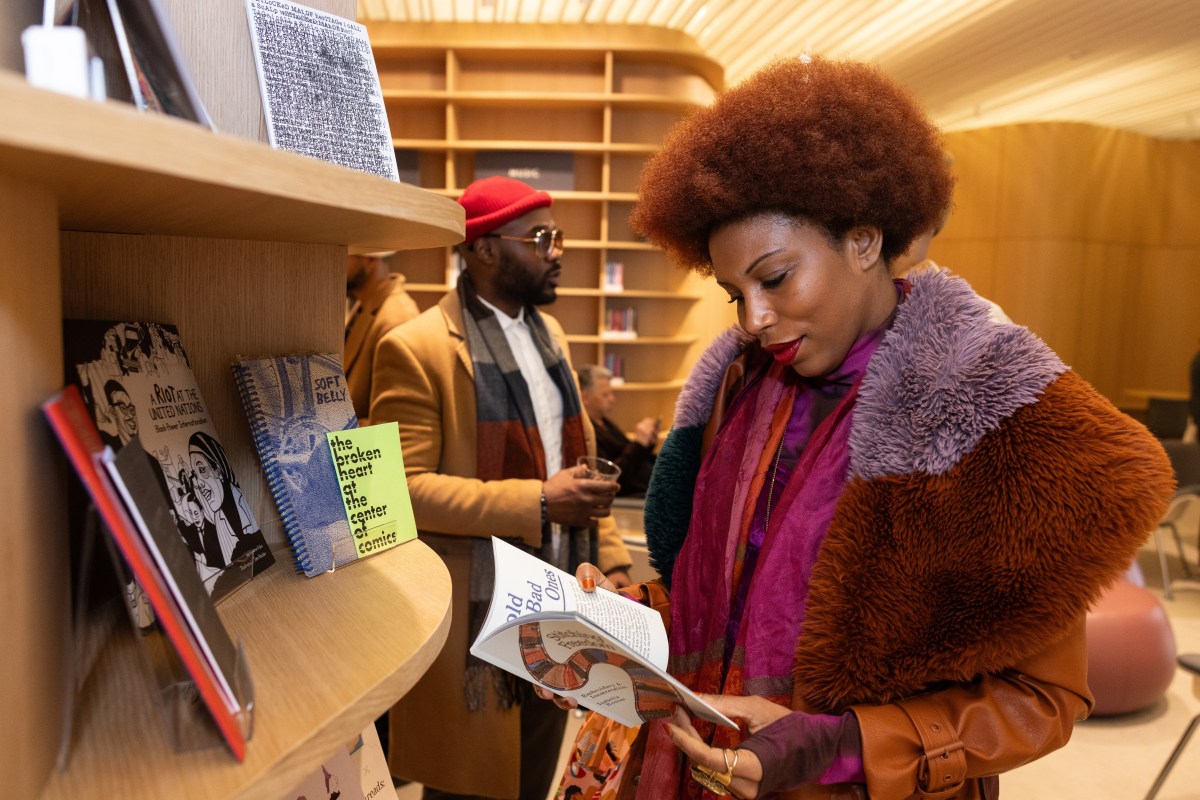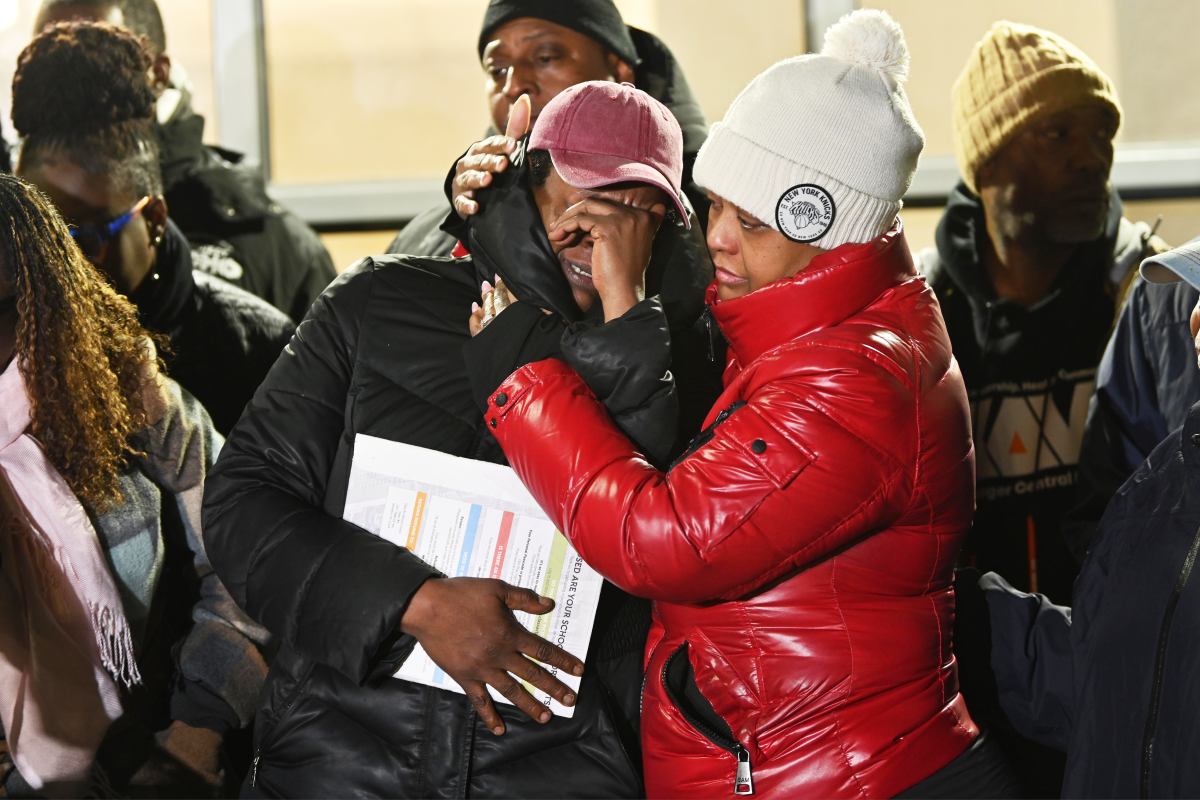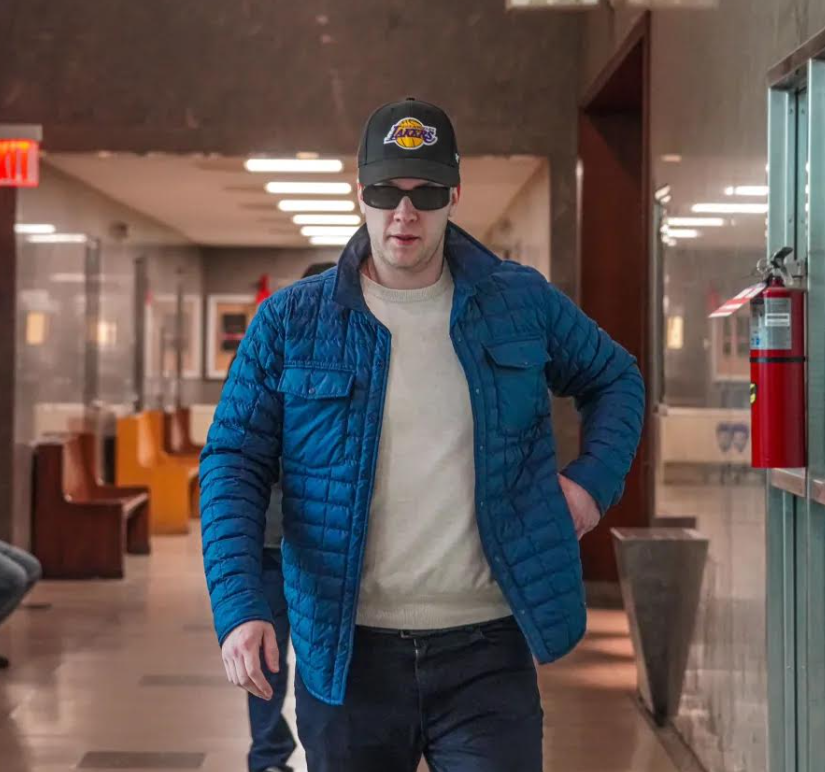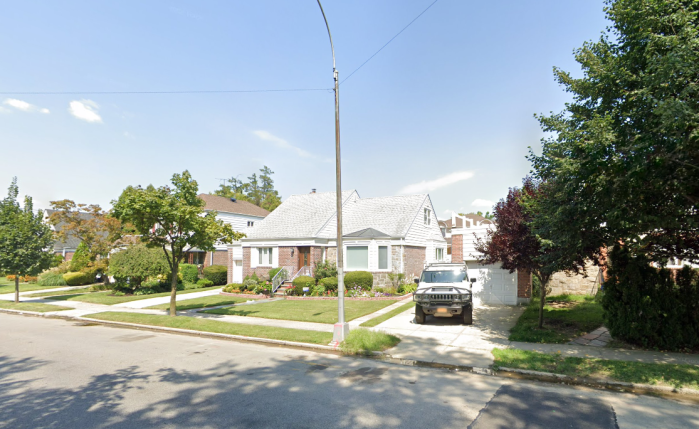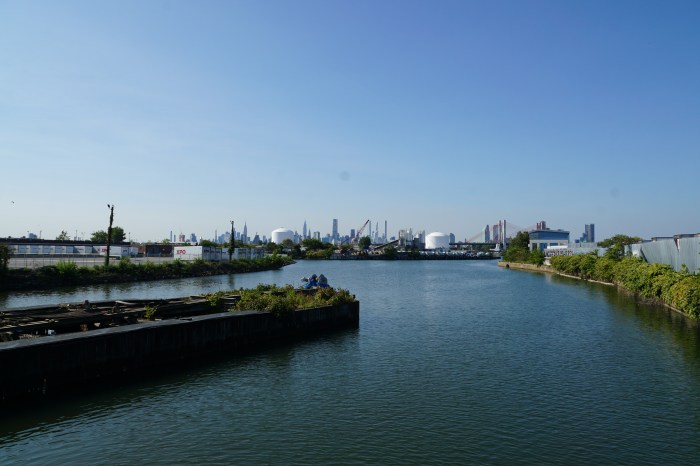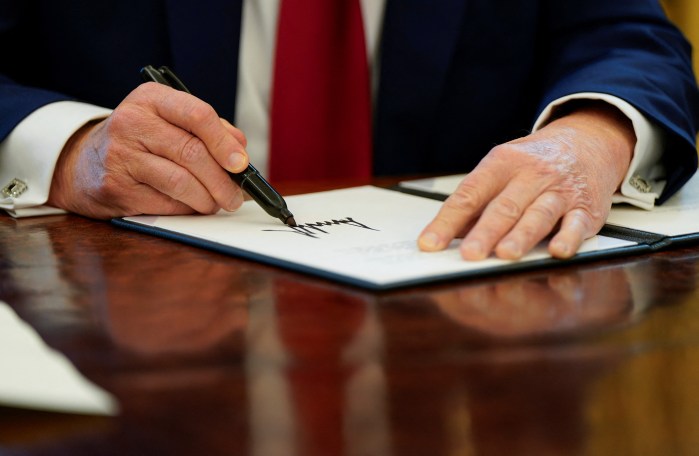The New York State Lottery is far from a jackpot in its current form, according to Bronx Borough President Ruben Diaz Jr.
Diaz outlined a report Monday titled, “Re-Orienting The Lottery: A Better Lotto For The Poor,” which contains plenty of hot numbers on how the game has changed since its statewide inception in 1966, which originally purposed to “explicitly and exclusively to fund education in the state.”
Currently, state education aid that comes from lottery revenue is allocated through to a formula that distributes funding to statewide school districts, according to Diaz.
“Lottery funding should be altered to allocate some of the funds specifically to [federal funding] eligible schools,” Diaz wrote, specifically noting that those funds should be “earmarked to educational programs in these schools that are targeted directly against poverty.”
As far as a more direct draw on how the New York Lottery effects impoverish communities, Diaz stated “lottery games are sold disproportionately to low-income populations,” continuing to write that “households earning less than $30,000 per year spend an average of $412 on lottery tickets annually, as compared with $105 among households earning $75,000 or more,” on a nationwide level.
Diaz charged that the Bronx is both statistically the city’s most unbanked and under-banked borough, meaning that these residents are more likely to use payday loans, pawn brokers, prepaid cards, nonbank money orders or retail check cashing over a conventional bank.
“When an individual uses one of these businesses to cash a check, they suddenly have an influx of cash on hand,” Diaz stated, continuing to accuse the state lottery of targeting low income and minority communities.
He then called on New York state to ban retail check cashing businesses from selling lottery games while also starting to collect information about which check cashers also have a license to sell lottery games.
Diaz’s report also detailed that his borough lags in overall, citywide lottery winnings.
Coming in ahead of just Staten Island’s estimated $130,390,000 in winnings, The Bronx boasted just $304,580,000 as opposed to Manhattan’s $427,040,000, Queens’ $518,680,000 and Brooklyn’s $589,860,000 this year, according to the report’s findings.
“The lottery does not currently work for low-income people in New York,” Diaz stated.
According to Diaz’s documents, the Office of Alcoholism and Substance Abuse Services will also be releasing a statewide report on those with gambling issues next August, which he hopes will make many of the issues around the dangerous game clearer.



